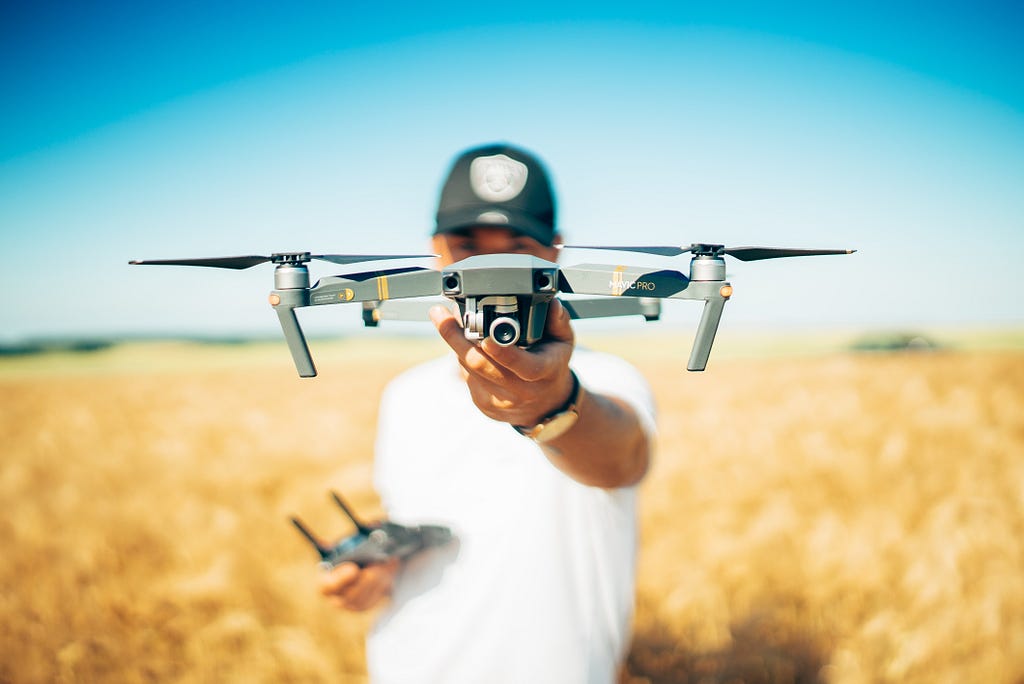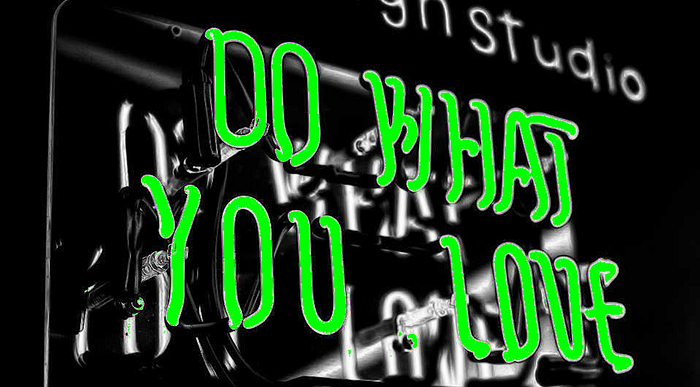Latest news about Bitcoin and all cryptocurrencies. Your daily crypto news habit.
Why AI will take your job… and why it doesn’t matter
My grandfather delivered coal. When he was young, every day he used to get up early and work long hours carrying coals around his city so people could heat their homes. Ironically, all to return to a simple room without heating. As transportation became more democratised and technology enabled people to heat their house without coals, he was forced out of his job. He became a sailer shortly after. Which is a job that is now mostly obsolete as well.
My grandfather was not an educated man. He moved from job to job as he was forced out continiously by improved systems and technology. The deprecation of jobs is not something new. It has been hitting the lower class in an increasingly rapid rate since the industrial revolution. Nonetheless, my grandfather is fine. As jobs dissapeared, new jobs came in their place. So what’s the fuss about?
The AI ultimatum
AI technology has amazing potential capabilities. In the job market, AI walks hand in hand with automation. According to a study from Mckinsey, less than 5 percent of jobs can be fully automated and that in about 60% of the jobs, parts of the work can be automated. This surely will shake up a lot of jobs. 5% may not sound like a lot, but if you consider that there are tens to hundreds of thousand different types of jobs, the weight of the number changes.
One thing to keep in mind is that AI has a lot of marketing weight to it. Sure it will be disruptive, but what makes AI so different from the advent of cars, the electronic sewing machine, the printing press?
One concrete fear is that AI will become so smart that it can replace all of our jobs, not just the bottom class. Change is a lot more scary when you are the one affected right?
 Photo by sebastiaan stam on Unsplash
Photo by sebastiaan stam on Unsplash
Don’t fear. I am confident AI might kill your job. Or maybe not. Maybe some other technology will force you out. My advice? Become a drone pilot.
The future of jobs
Option 1 — becoming a drone pilot
 Photo by david henrichs on Unsplash
Photo by david henrichs on Unsplash
It’s interesting to not just look at jobs that disappeared, but also at the new ones. I talked with Shaun, a commercial drone pilot. A job that was nothing more than a hobby in a 90’s scifi flick. But now, it is a very real thing, and Shaun from Ricmond Drone Services is doing exactly this for a living.
My parents own a roofing company. I came up with the idea that it is hard to “market” a roof…it is hard to see from the road and most people don’t give a darn about a roof and how it looks. However, drones allow for beautiful video from the air. It is like it was made for showcasing homes and roofing! So, I convinced my parents to let me film some of their latest projects and see how it goes, also we could use the drone to inspect roofs without having to get up on the roof. Playing the safety card in that aspect. So, I started off my first year getting my U.S. commercial license and filming houses for my parent’s company. Then I created my own LLC and started doing drone photos and video for other companies, construction, boat dealers and more. Most people have no idea you need to be licensed by the FAA to film or take photos for marketing or for profit.
In this example we see the innovative nature of the human mind. New technologies do definitely offer a range of new options and people will always be there to take advantage of that. In 10 years, when drone flying is automated, Sean might change his business model, or he might focus on an entirely new market. It’s the capability and willingness to adapt to change that makes us capable of dealing with disruptive change.
Option 2 — The public transportation experience manager
But what if a job can be fully automated away? Let’s take a bus driver. Not too long ago, the bus driver had to manually switch the content on the electronic sign that shows the direction. Before that, he even had to change a little paper in the windshield that showed the direction. Now, it changes the sign automatically based on GPS location. In the foreseeable future, the bus will just drive itself. More and more parts of the job are becoming automated, until there is nothing left to automate.
I expect that another great way people will adapt to the automation powers of AI is that they will focus more on what makes us, people, unique to begin with. The human experience.
 Photo by Jennifer Bedoya on Unsplash
Photo by Jennifer Bedoya on Unsplash
In a world where busses drive themselves, I see the job of the bus driver change to an experience focused one.
You walk in and get greeted by a friendly person. He makes sure you have a place to sit and offers you some snacks to increase your comfort. He talks with that older lady in the front of the bus, and makes sure she doesn’t miss her stop.
This bus is more than an A to B mechanism. This is a bus where the human experience is key, and people will value it more because of this. I believe that as more parts of jobs get automated, they will be replaced by more human activities. Thus jobs will not completely disappear, but rather change in their activities.
The future of work
A lot of our day-to-day activities will get automated. Whether or not we will see a super intelligent AI, we can be sure it will invoke a lot of change. However, people will adapt like they always have. They will learn new skills, focus on things technology can’t offer or find other ways to make themselves valuable. In the end, human ingenuity and human experience are things we can not create with technology. For now.
Follow me on twitter for more updates : https://twitter.com/thatmanonthe
Why AI will take your job, and why it doesnt matter was originally published in Hacker Noon on Medium, where people are continuing the conversation by highlighting and responding to this story.
Disclaimer
The views and opinions expressed in this article are solely those of the authors and do not reflect the views of Bitcoin Insider. Every investment and trading move involves risk - this is especially true for cryptocurrencies given their volatility. We strongly advise our readers to conduct their own research when making a decision.
